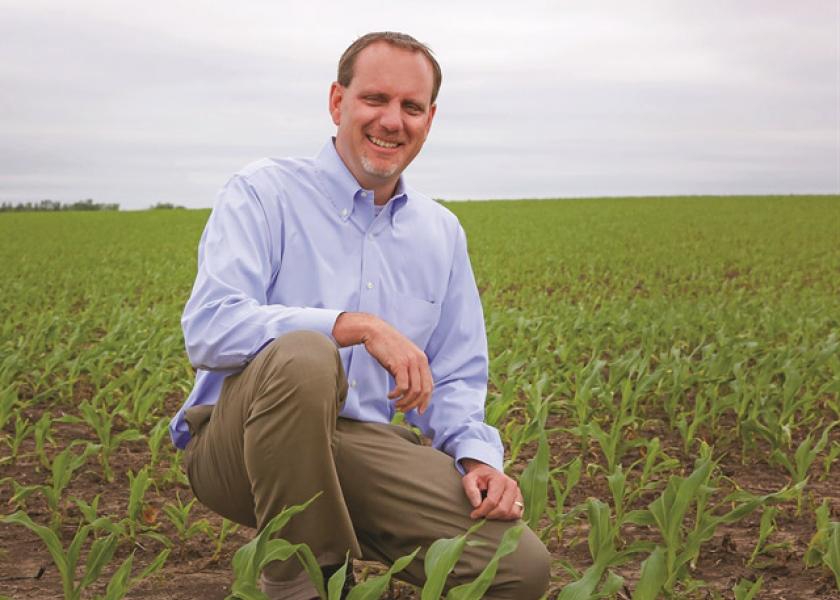A Farming and Food Company Fit

Sustainability demands from major food companies are on the rise. Why? There is a growing recognition that sustainability isn’t a feel-good proposition and as food-related businesses delve into the supply chain, sustainability makes for good market sense—from the perspective of the farmer and the major company.
When Wal-Mart and other businesses in the food supply chain began focusing on sustainable farming practices, United Suppliers recognized opportunity. United Suppliers, a cooperative of more than 600 locally-owned and controlled agricultural retailers across the U.S., sought out the Environmental Defense Fund (EDF) for help to develop a platform focused on fertilizer optimization and soil conservation as well as good business sense for their agriculture customer base.
The fruit of their collaboration was SUSTAIN, a platform designed to benefit farmers and retailers while still addressing consumer concerns. “The end-consumer in agriculture is certainly not the grower; it’s the person buying food from grocery shelves. Consumers are demanding to know where food came from and how it affected the environment,” says Matt Carstens, United Suppliers vice president. “If we can meet that demand and still increase bushels and profitability, why wouldn’t we do it? SUSTAIN does precisely that: increases bushels, boosts profitability and addresses consumer needs.”
SUSTAIN helps farmers and retailers address three agronomic pillars (two that are highly active and a third remains in development): nutrient management, conservation of soil and water, and green fertilizer. Currently, SUSTAIN is pushing nutrient management and tackling nitrogen—and phosphate, to a lesser degree.
“Des Moines Waterworks, Lake Erie, the Gulf or Chesapeake Bay—these spots are giving agriculture a black eye and need to be addressed,” Carstens says. “We have to dig deep to get answers for nitrogen and phosphate management, and that’s part of why we came up with SUSTAIN.”
United Suppliers has made a commitment to have 10 million acres using best management practices in the SUSTAIN platform by 2020. The greatest portion of acreage will be in the Corn Belt, but it will include farmland coast-to-coast. The focus of SUSTAIN is to improve efficiency in ways that reduce nutrient loss in the soil, yet still maintains or even improves yields. Maximizing applied nutrients, reducing waste and preserving soil is a simple recipe for long-term economics.
In addition, SUSTAIN bolsters the trust and confidence of buyers and customers, notes Suzy Friedman, sustainable ag director, EDF. “It’s important to have a program like SUSTAIN helping farmers with innovative technology that also helps them document how they manage their operation,” she says. “Consumer concerns are coming at a fast pace, and sustainability is playing a significant role in how food companies make decisions.”
SUSTAIN addresses risk issues in an economical manner and offers consumers and food companies the information to know the sustainability footprint of a crop, Friedman says. “Retailers and growers participating in a program like SUSTAIN are in a better position with food companies that want to buy their crops,” she adds.
United Suppliers has a footprint across millions of acres and has positioned itself at the spearhead of sustainability measures—ahead of mandates that might be inevitable.
“I know this about fertilizer regulations: Things are going to change. I don’t know which will be first, food companies wanting something different or mandated government regulations, but one of those or both will bring change,” Carstens says. “United Suppliers and our retailers owe answers to growers. Whoever can guide those growers first will have more victories instead of waiting on mandated regulations to come down the pipe.”







